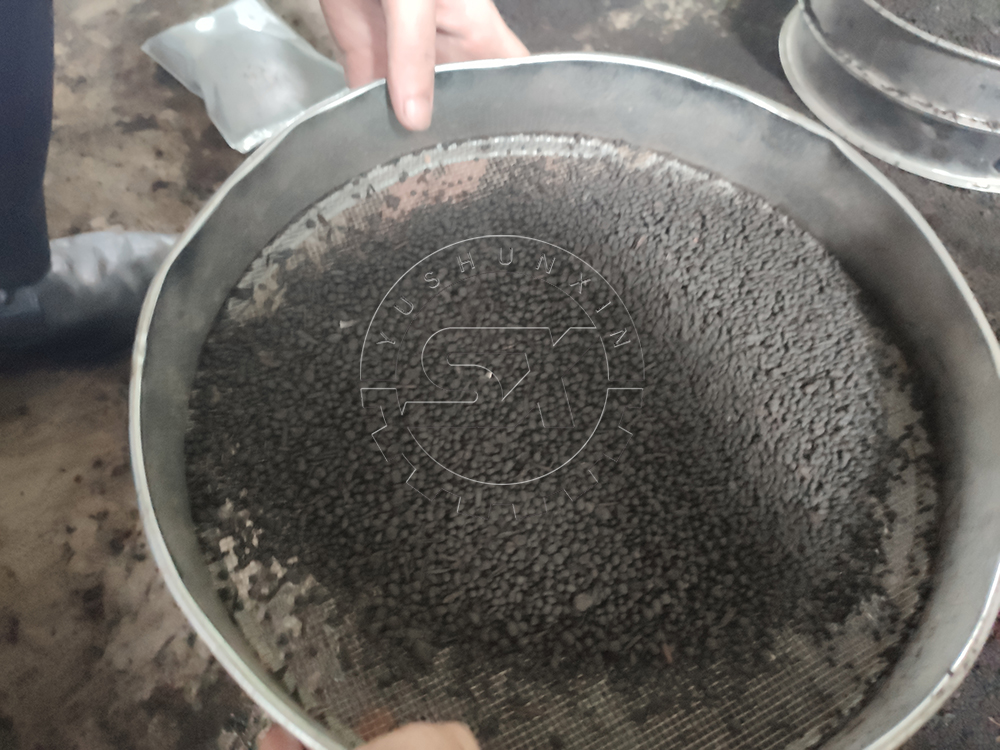What is the difference between pig manure and cow manure?
Pig manure contains 15% organic matter, 0.5% nitrogen, 0.5-0.6% phosphorus, and 0.35-0.45% potassium. The texture of pig manure is finer and the composition is more complex, including protein, fat, organic acid, cellulose, hemicellulose and inorganic salts. Because it contains more nitrogen, the ratio of carbon to nitrogen is relatively small, about 14:1. Generally, it is easily decomposed by microorganisms and releases nutrients that can be absorbed and utilized by crops.
Pig manure contains the highest humus, the largest amount of cation replacement, and the strongest fertility retention, but it has more water content and less cellulolytic bacteria. Mixing a small amount of horse manure and applying it to inoculate cellulolytic bacteria can greatly increase fertilizer efficiency.

Cow dung contains 14.5% organic matter, 0.30-0.45% nitrogen, 0.15-0.25% phosphorus, and 0.10-0.15% potassium. The organic matter and nutrient content are lower among all kinds of livestock, the texture is fine and dense, the water content is more, the decomposition is slow, the calorific value is low, and it is a slow-acting fertilizer.
Cow dung has high water content, poor air permeability, and the organic matter is difficult to decompose. It is a cold fertilizer. Dry the fresh ones and add horse manure to mix and pile up to obtain loose and high-quality organic fertilizers.
Our fertilizer making equipment is complete in specifications and quality, and all indicators meet or exceed national standards. We have realized one-stop service for design, manufacture, installation, debugging, technical training. Different models and configurations is different price. Welcome to contact us for details.

